My favorite animal, the okapi.
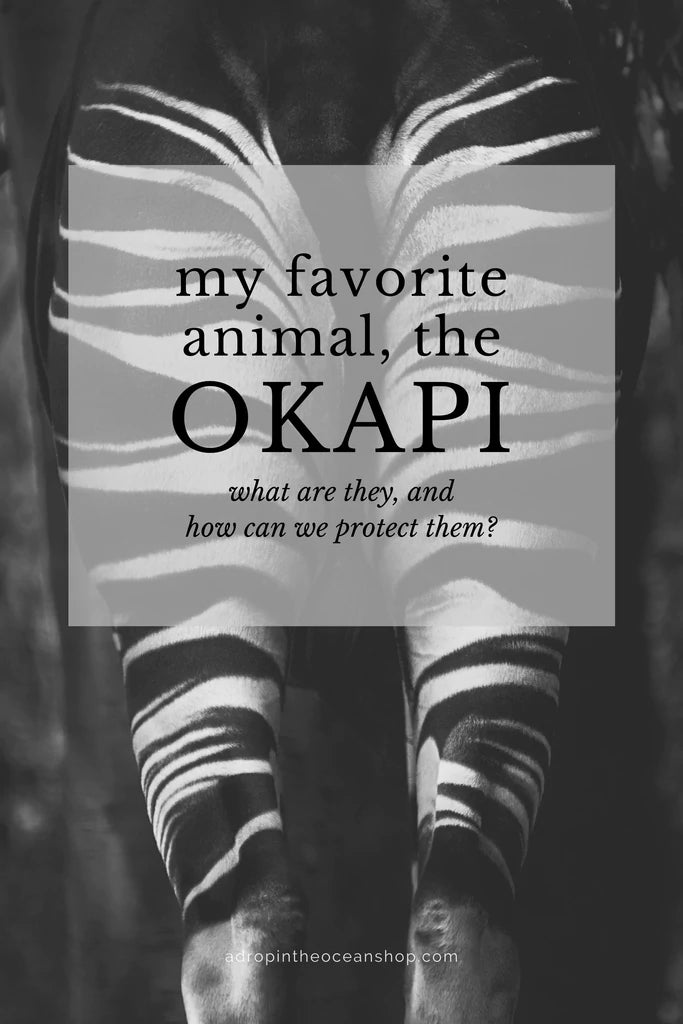
This post first appeared in our weekly Make Waves Mondays email series on July 12, 2021.
Hey friend, can I be really honest with you for a sec?
Running a business is hard. And it takes a lot of mental and emotional energy. And sometimes, my mental and emotional state isn’t quite up to the task.
I go through mental health phases. Some weeks, I’m on top of the world, feeling energized, creative, and excited about everything happening around me. And some weeks, colors seem a little more dull, I’m a bit uninspired, and I don’t feel creative.
These last couple of weeks have, unfortunately, been the latter.
I adore this community.
I adore this shop.
I adore this weekly series.
There’s nothing else in the world I would rather be doing.
But this week I’ve been searching for the inspiration to write about plastics and how they affect different communities and how they impact climate change and how many freaking resources they use to get from cradle to grave. But I just don’t have it in me today.
And you know what?
I think that’s okay.
I think we need to have more open conversations about mental health in the world. We need to be honest when we’re struggling. We need to have grace for ourselves and for each other. Because that’s the only way we’re going to make progress as a society - is when we lead with empathy.
So this morning I was having brunch with my friend Jensen and I said for the first time out loud, “I’m just feeling so uninspired to write this post today.”
And without missing a beat he shrugged and said, “So write about okapi.”
And obviously I didn’t see my own face, but I felt like I lit up a little. That little bit of permission to use this space to share about something I love so much, even if it’s so unrelated to what I felt I should be writing about, was everything in that moment.
So, my friend, that’s what we’re doing today.
Today, Imma tell you all about my favorite animal, the okapi.
(And in true Krystina fashion, there will be conservation actions at the end that we can all take to protect these beauties 💙)
Never heard of okapi? That’s cool; most people probably haven’t.
The summer I turned 21 I was interning at the Columbus Zoo and Aquarium in their Congo Expedition region; an internship I applied for because of the okapi - not the usual animals in that region most interns are excited about, aka the gorillas and bonobos, but instead for these awkward, adorable, massive hoofstock that somehow look like the estranged cousin of a zebra and a moose but are actually the only living cousin to the giraffe. And lemme tell ya, there are numerous bartenders in Columbus that are now very familiar with okapi because I couldn’t shut up about them all summer.
Yes, okapi are the only living relative to the giraffe.
They’re actually referred to as “forest giraffes” sometimes.
And similar to giraffes, okapi have these crazy long, prehensile tongues that are so long they can actually lick their own eyes and ears.
Oh and because I mispronounced their name for basically my entire life, Imma help you out here with some pronunciation. Oh-kah-pee. You’re welcome :)

Photo found on Pinterest.
Okapi are only found in the dense forests of the Democratic Republic of the Congo,
and they’re so elusive you could spend your entire life studying them and never actually see one in its natural habitat. Most research in the wild is done via scat, tracks, and trail cams. Rangers protecting okapi habitat walk on average 500 kilometers (310 miles) per okapi sighting. That’s like walking from Seattle to Portland and back just to catch a glimpse of one okapi!
They’re so elusive that they weren’t even discovered and documented by western science until 1901 - just 120 years ago.
Because their only true predators are leopards, okapi have evolved in some super cool ways to evade them.
For starters, babies hide in a nest for the first 60-ish days of their lives. They’ll stay hidden all day and all night for months, only coming out to nurse - and mom won’t even spend time around baby except for these nursing periods so as to not draw attention to the baby’s location. Baby won’t even poop during these first couple of months so there are no scents to draw leopards’ attention.
They also communicate with each other at a super low frequency that leopards can’t hear (and neither can we!). When recordings are adjusted so we can hear it, it’s like a super low rumble. So, okapi can communicate with each other - including mom to baby - and leopards have no idea.
How freaking sweet is that?!
Okapi are listed as endangered by the International Union for Conservation of Nature's (IUCN) Red List.
In the last 30 years, okapi populations have been cut in half. Today, there are probably somewhere between 10,000 and 15,000 okapi living in the DRC.
While there’s not much poaching of okapi happening, there is a lot of poaching of forest elephants in the same region, and okapi can get caught in the snares set out for the elephants.
There’s also quite a bit of gold mining happening in the DRC, which not only causes huge amounts of environmental degradation, but the miners who come to the area (they aren’t typically locals; it’s like the California gold rush with people coming from all over to get in on the action) hunt bushmeat to feed themselves. The Okapi Conservation Project has found that when the mines are cleared out, the bushmeat trade drops dramatically.
Above all that, the greatest threat to okapi is slash-and-burn agriculture. Okapi rely on the trees and the dense forests; they’re perfectly evolved to thrive in that environment. When we cut down and clear out the forests, okapi lose those perfect homes.

This is a photo from a press release from the Columbus Zoo and Aquarium last spring.
Mama’s name is Damisi, and how stinkin’ cute is that calf?! So fuzzy! I’m obsessed.
So what can we do to protect the okapi from home?
Recycle your old cell phones!
Cell phones contain a mineral called coltan that is mined in the forests of the Democratic Republic of the Congo. By recycling our cell phones, that coltan can be recovered and reused in new phones.
You’ll not only be protecting okapi, but also hundreds of other species that call the DRC home, including gorillas, bonobos (also only found in the DRC), chimpanzees, elephants, leopards, buffalos, red river hogs, and more.
Many zoos have cell phone recycling programs. Support your local zoo and directly protect wildlife - and potentially hang out with some okapi while you’re there. What could be better??
Choose sustainable jewelry.
Metals are so easily recycled, so there’s a ton we can do to reduce our dependence on gold mining. Check out our guide on sustainable and ethical jewelry to learn more on this topic (I had no idea there was so much to sustainable jewelry!).
Support tree planting efforts.
Either contribute to tree planting projects on your own (the Okapi Conservation Project has a tree planting program), or support tree planting through A Drop in the Ocean. With every purchase, we plant 10 trees through our tree planting partner, Trees for the Future. While Trees for the Future doesn’t operate in the DRC, it does work in many of the surrounding countries, including Kenya, Tanzania, Uganda, and Central African Republic.
Forward this to a friend!
Or share the link on your social medias. Because, like those bartenders in Columbus will tell you, everyone should know and love okapi.
Okay, friend. I actually feel way more energized now after writing this. Okapi are the coolest. And you’re the coolest for reading all of my fun facts about them and holding space for me to nerd out for a minute.
Time to get to packing orders now :)
Thank you for being you! Cheers to okapi 🥂


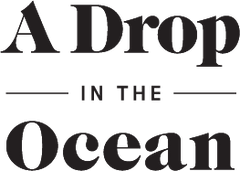


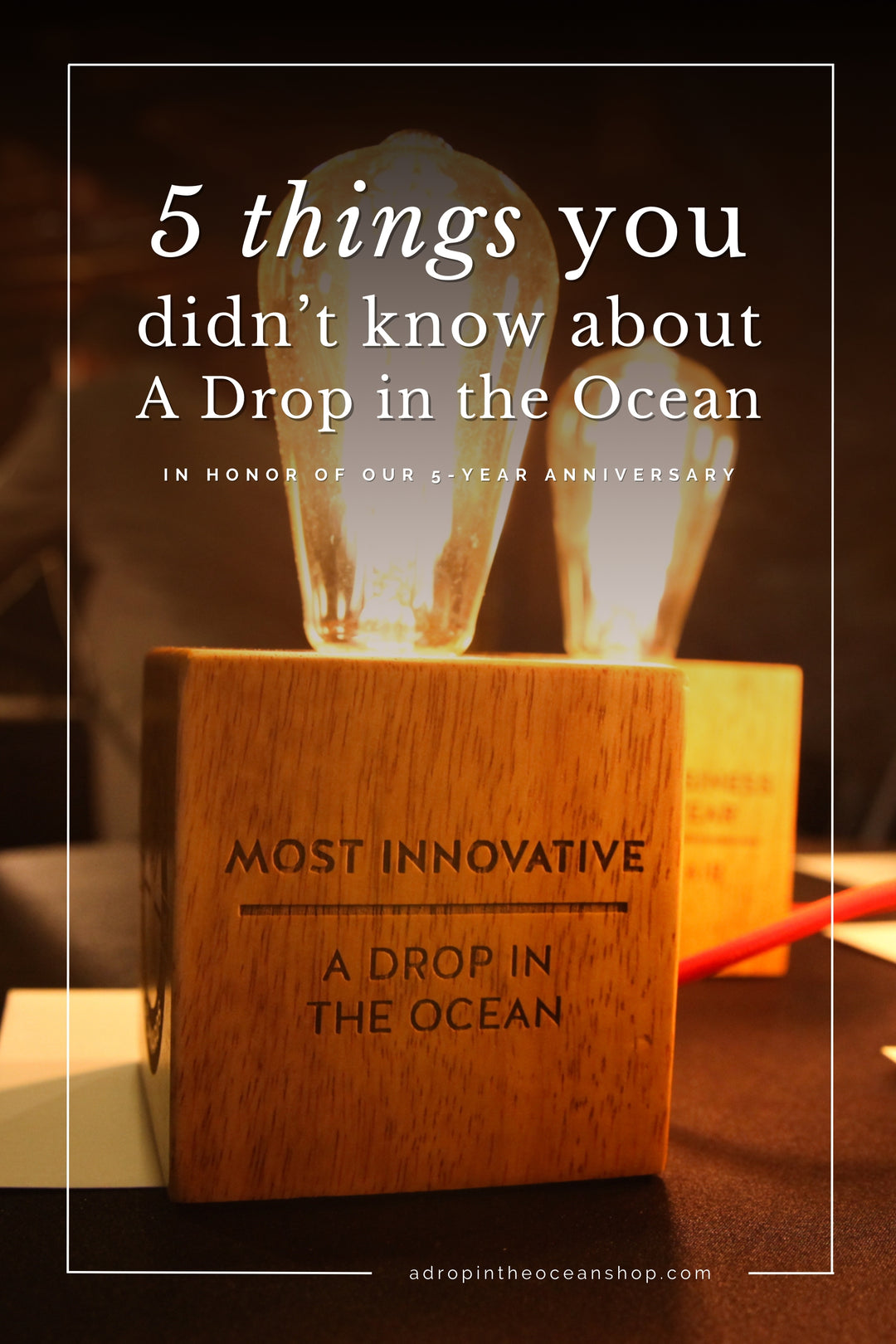

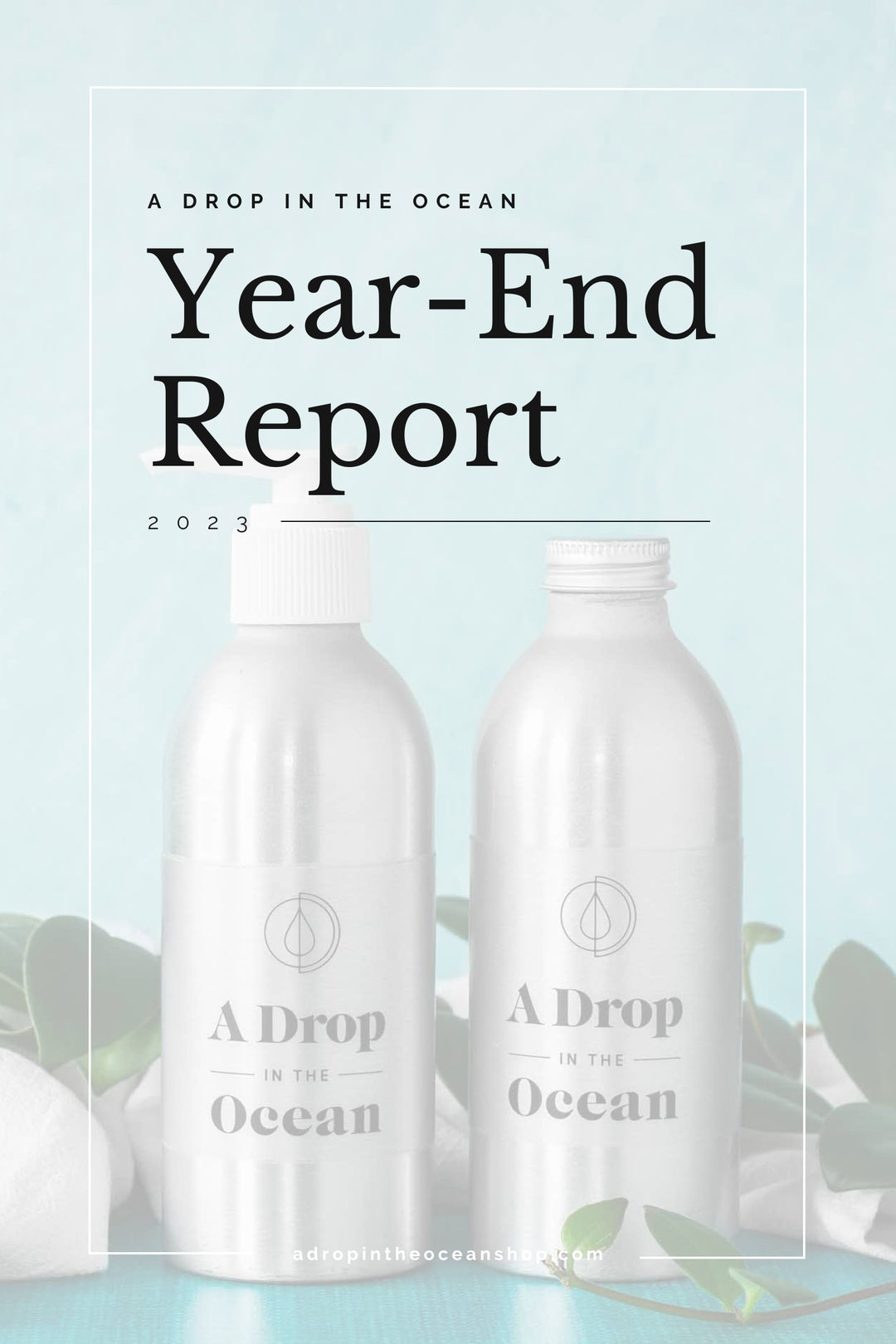
Leave a comment